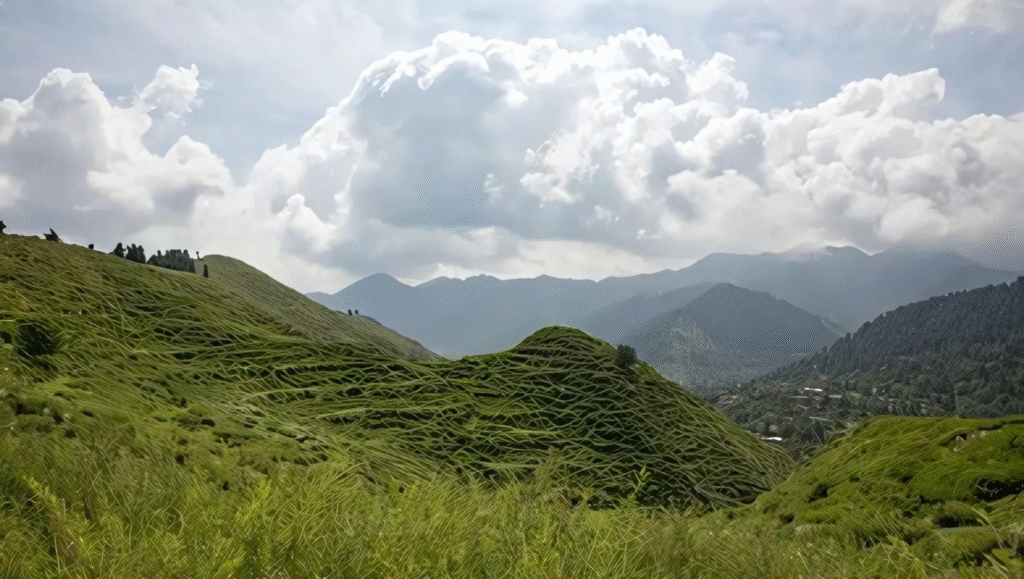Tirah Valley: Strategic and Historical Significance
Syllabus: International Relations, Geography (UPSC GS I, II)
Source: NIE
Context
Recently, a blast in Pakistan’s Tirah Valley (Khyber Pakhtunkhwa) killed at least 23 people, highlighting the continuing instability of this region.
Geographical Location
- Province: Khyber Pakhtunkhwa, Pakistan.
- Districts: Lies in Khyber and Orakzai districts.
- Position: Between the Khyber Pass and Khanki Valley.
- Border Proximity: Close to the Afghanistan–Pakistan border, making it a strategically sensitive corridor between South Asia and Central Asia.
Physical Features
- Area: About 600–700 sq. miles.
- Valleys: Five main valleys – Maidan, Rajgul, Waran, Bara, and Mastura.
- Terrain: High mountain passes (Sampagha, Tseri Kandao, Saran Sar).
- Agriculture: Fertile alluvial soil, terraced farming, walnut and mulberry trees, and rich summer pastures.
Demography
- Tribes: Predominantly Pashtun tribes – Afridis and Orakzais.
- Minorities: Small groups of Sikh traders and Hamsaya communities.
Historical Importance
- Resistance Hub: Known for resisting external control throughout history.
- Colonial Period: Site of the 1897 Tirah Campaign by the British.
- Earlier Struggles: Frequent uprisings against the Mughals.
- Modern Times: A hub of militant activity in recent decades, contributing to cross-border security challenges.
Strategic Relevance
- Acts as a gateway between South and Central Asia.
- Its location near the Durand Line makes it a hotspot in Afghanistan–Pakistan security dynamics.
- Historically contested by the Mughals, British, and now Pakistan due to its tribal autonomy and resistance.











